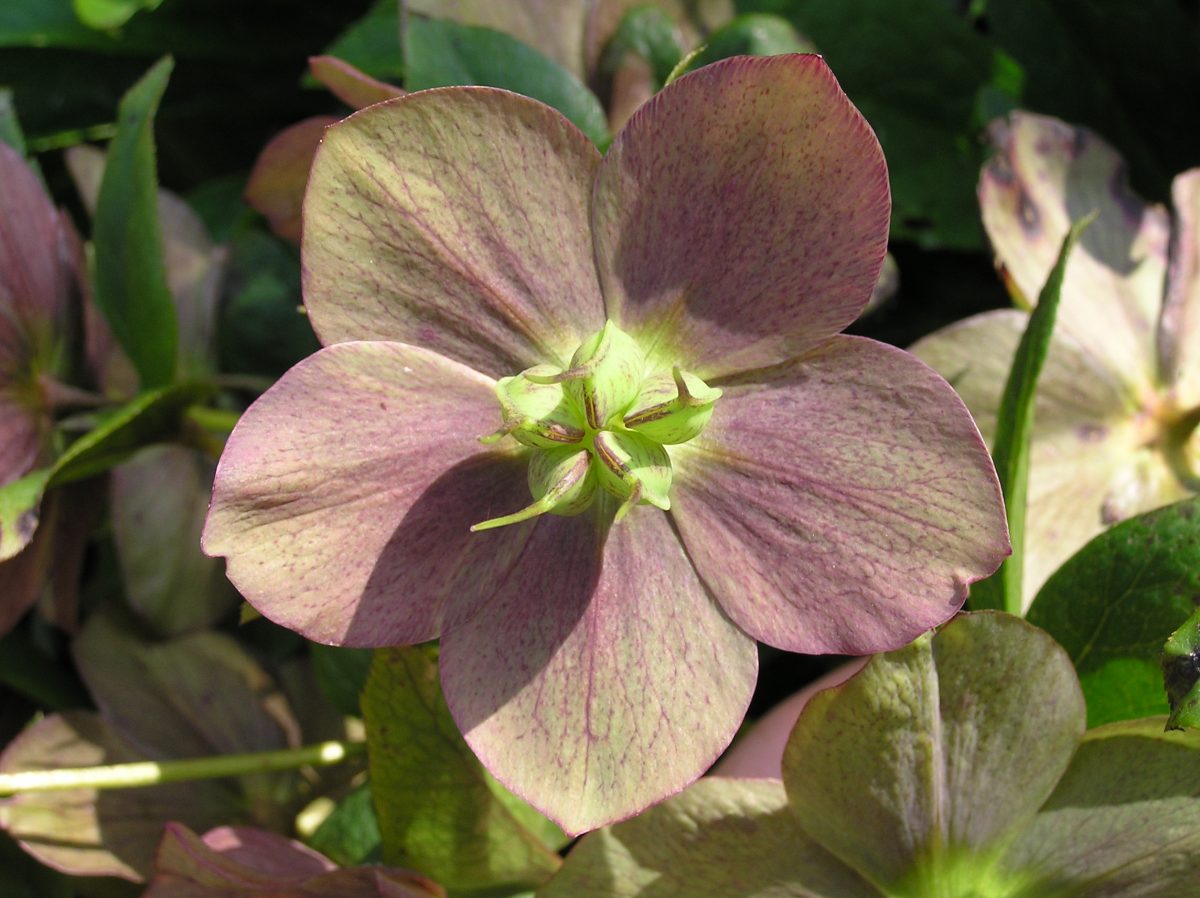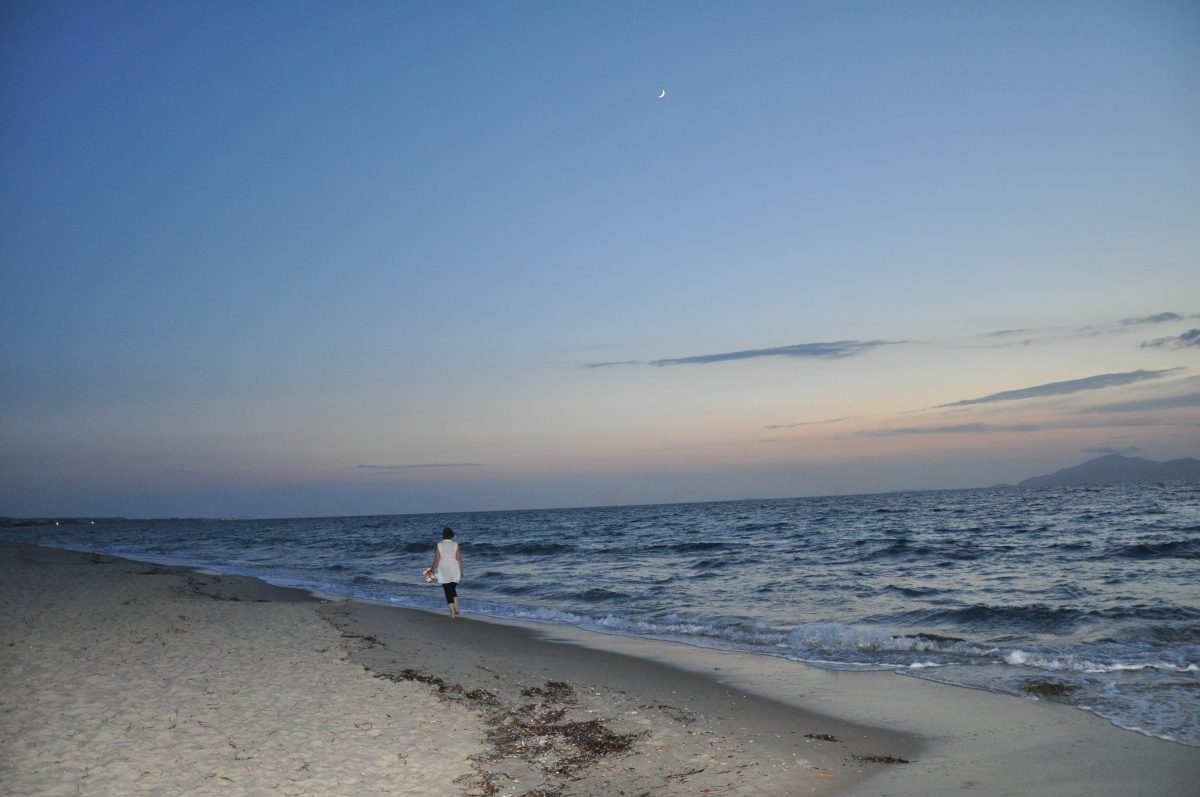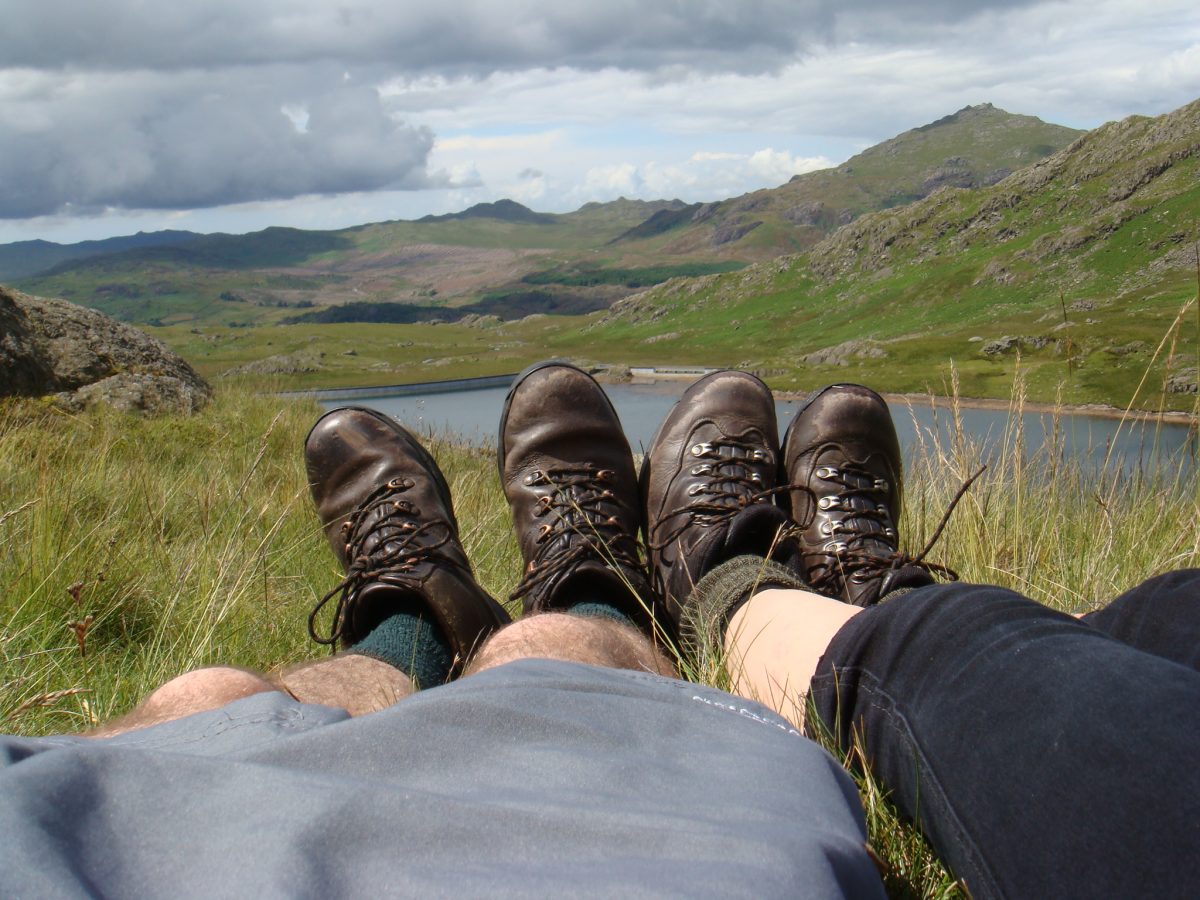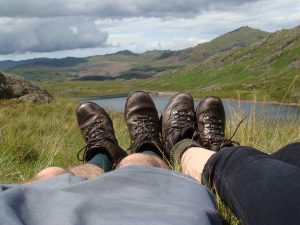
Why do we do it? There’s no denying it! We judge ourselves for our actions, we judge our partners and friends for theirs, we even judge those who we don’t even know. We say they’re too fat, too thin, too brown, too silly, and so on and so on…..
As discerning human beings with opinions and intellect we constantly make decisions and choices. It’s part of who we are. Decisions are an important part of everyday living. We live better lives because of them….or do we?
Sometimes our inner decision-making skills are off kilter, for all sorts of reasons. We forget to ask ourselves why we feel something is better for us. We find ourselves caught up in wanting to make decisions and choices for others because it’s our own preference, not theirs. We justify it by saying “It’s for their own good” or, “I know what’s best for them”. Effectively taking away the power to make decisions for themselves. I pose the question – Should we do this?
No doubt, there are times to look after our children or loved ones that are in need of care. But being lost to the capability of keeping themselves safe enables us to take on the role of ‘keeper’ or ‘parent’. When we notice changes occur and they are stronger and more capable, we can choose to back off from our temporary role.
As the receiver of this kindness we may begin to rely on others to take care of all our decisions, becoming less responsible for our own actions and happy to pass on this mantle to anyone who will accept it for us.
As the giver do we feel comfortable to continue to fulfil a desire in us that makes us feel needed, unaware that we are taking someone’s independence away from them – albeit with their blessing and consent, even their gratitude.
It can become obvious in the yoga class. A regular cue of mine is to take things easy, not doing anything that doesn’t feel appropriate or backing off when the body decides it has had enough. In truth, few people are aware of their bodies and what they need or feel. They are mostly happy to push through a degree of pain in order to achieve what the teacher is asking of them. In other words, ‘Let the teacher decide what’s good for me’ – opting out of taking the decision to be responsible for themselves.
There is no better reward as a teacher to see a dozen different students doing a dozen different things from the same instructions – all of them independently aware that their bodies are requiring something slightly different at that moment in time – without competition or enquiry. Not so much on other occasions.
The yoga class is the perfect environment to get in touch with the responses and reactions of the body and mind. To be aware that the mind and all its chatter can be so bossy it takes over and doesn’t always allow us to feel what’s best for us. It makes us compete with ourselves and others. It makes a poor judgement call, feeding the ego rather than the soul. We can use the term ‘Ahimsa’ (Sanskrit for non-harming or non-violence) to bring our awareness back to the relevance of the here and now, empowering us to make the best judgment call for ourselves. To know that judging others or making judgment calls for them is not always the kindest thing to do. In practicing Ahimsa and awareness we can be in a more informed place to decide what’s best for us. By example, help those close to us to be responsible for their own decisions, supporting their choices to encourage confidence and personal growth.
The reward may not be as instant but over time it’s a win/win. We then have confident and well-adjusted family and friends around us to support us to make our own choices when we face challenges, rather than make poor decisions for us.
I hope this blog has been as thought provoking for you as it has for me. Giving ourselves space for thought before we rush in and inadvertently force our judgment on others may be one of the kindest ways of practicing our yoga off the mat.
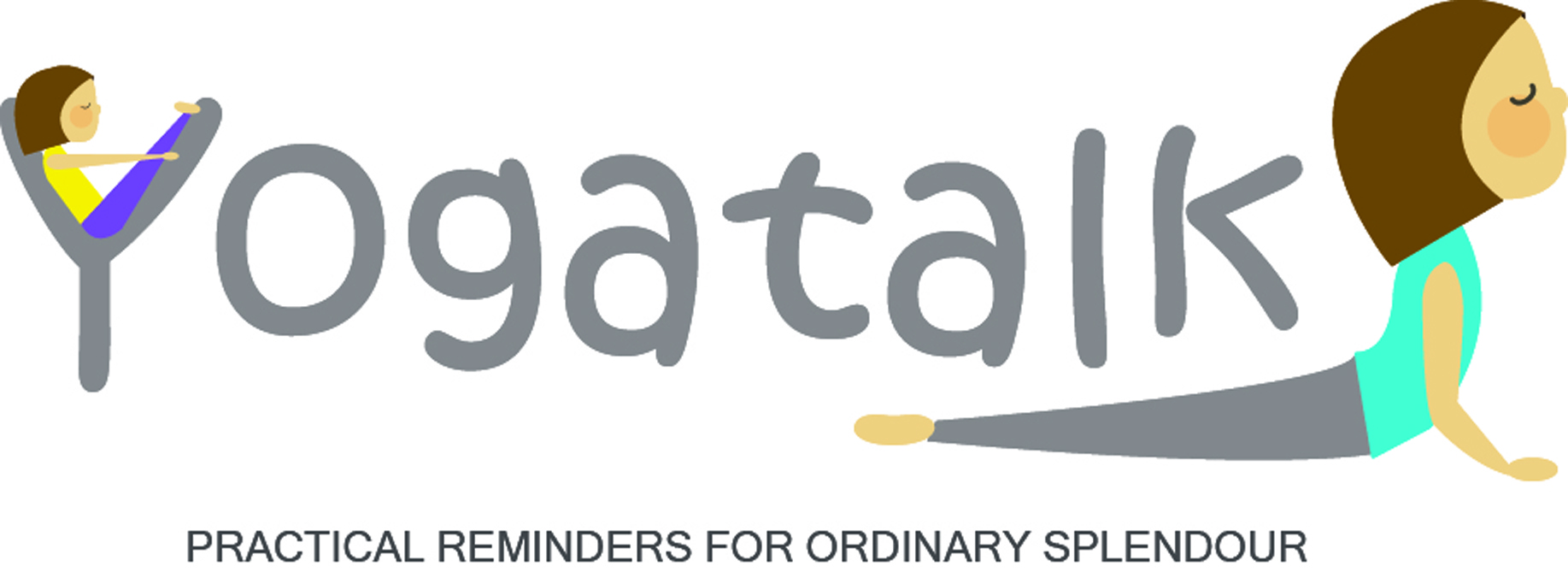


 Most of us are blessed to hear the unique sounds of our daily living; but being used to it makes it easier to miss it.
Most of us are blessed to hear the unique sounds of our daily living; but being used to it makes it easier to miss it.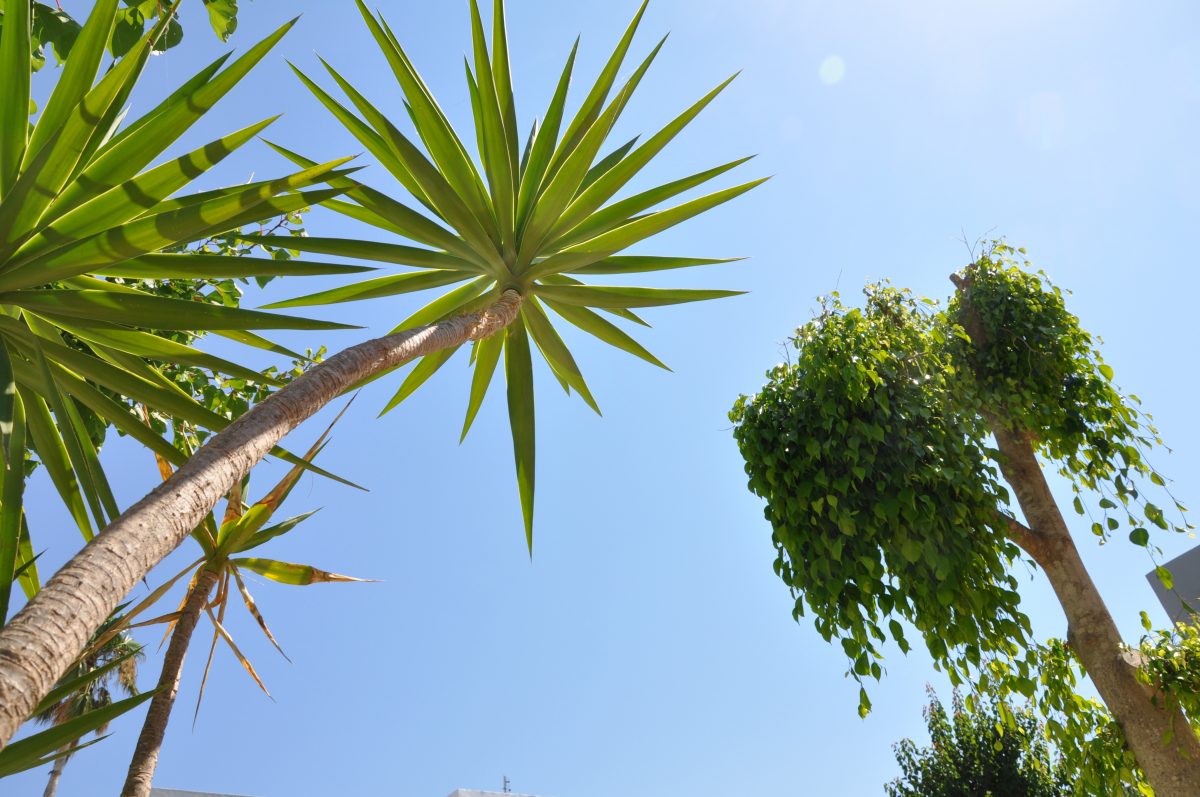



 Well it’s been quite a season. So busy ! Full of work, yoga, website stuff….. and life – getting along with things has been both challenging and rewarding in equal measure.
Well it’s been quite a season. So busy ! Full of work, yoga, website stuff….. and life – getting along with things has been both challenging and rewarding in equal measure. For those of you who celebrate Christmas – Merry Christmas to you. For those who don’t, we hope you have a wonderful winter festive season. Stay safe and warm with your families and friends and share your love and kindness with all those who deserve it – and maybe those who don’t!
For those of you who celebrate Christmas – Merry Christmas to you. For those who don’t, we hope you have a wonderful winter festive season. Stay safe and warm with your families and friends and share your love and kindness with all those who deserve it – and maybe those who don’t!
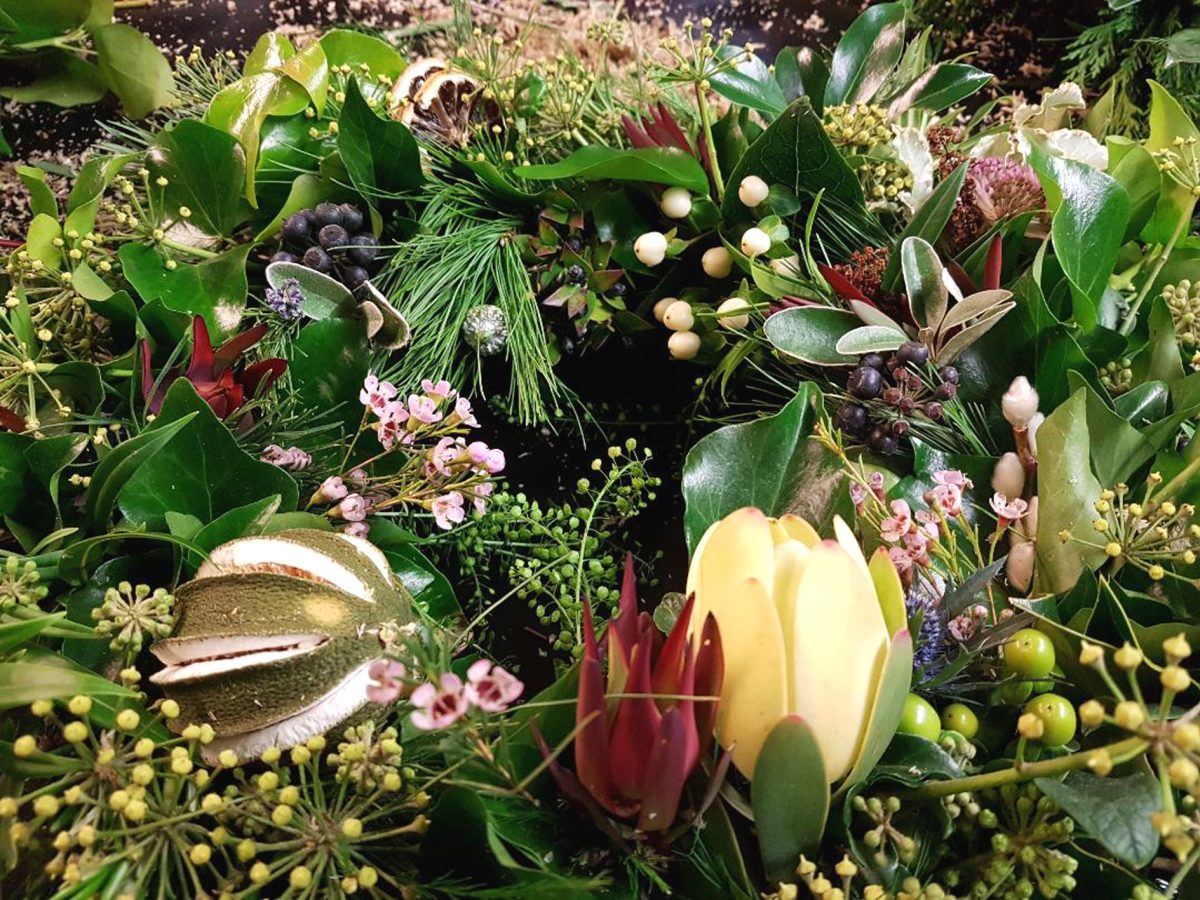
 Oh, what heavenly ease, sliding between wakefulness and sleep… at least until we hear the sound of snoring and think, “Uh-oh, that’s me!”
Oh, what heavenly ease, sliding between wakefulness and sleep… at least until we hear the sound of snoring and think, “Uh-oh, that’s me!”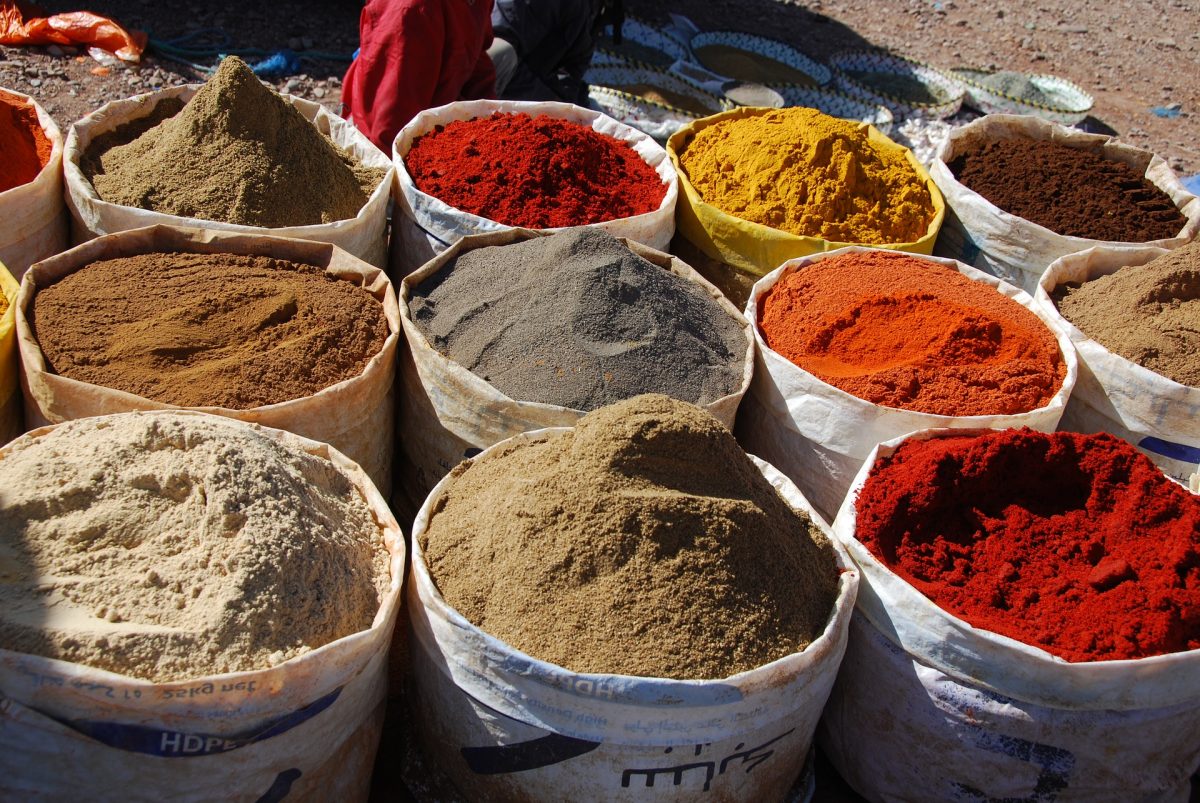
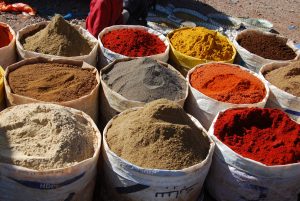 Here are some thoughts on being stuck in ruts, and some ideas for getting out of them.
Here are some thoughts on being stuck in ruts, and some ideas for getting out of them.





